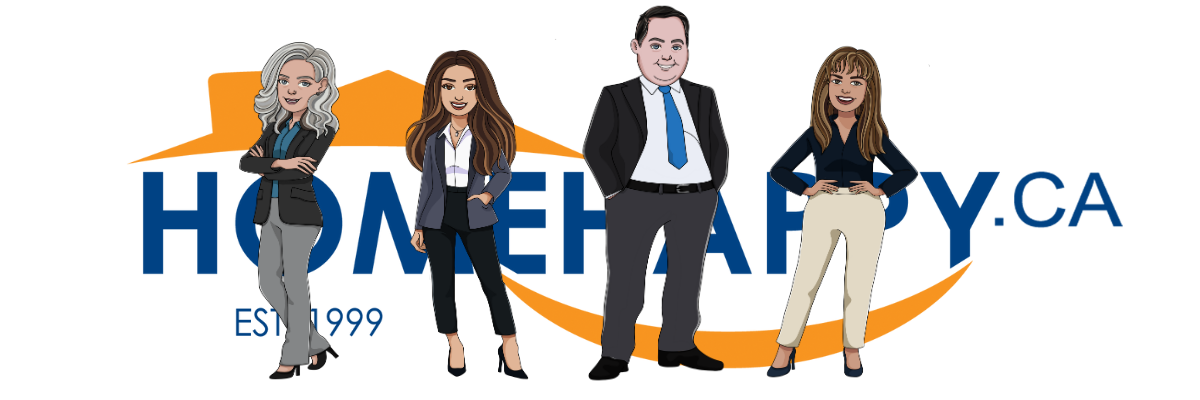Are Mortgage Rates Really Going Up?

With all the economic uncertainty caused by a global pandemic, unprecedented unemployment levels, and government stimulus, mortgage rates have been on a steady decline for almost a year. In fact, we’ve hit some historic lows along the way.
Now, despite the Bank of Canada committing to keeping interest rates low into 2023, if you’ve been listening to the media in the last couple of weeks, you may have heard that interest rates are currently on the rise. But if the government is working to keep rates low, it doesn’t make sense for them to be going up? Well, the key here is to compare apples to apples.
The Bank of Canada controls the overnight rate target, impacting the prime rate, which impacts variable-rate mortgages. In contrast, fixed-rate mortgages get their cue from the bond market.
So while variable rates haven’t moved, the bond market has seen a lot of action, which has caused an increase in fixed-rate mortgages. Since February 5th, Canadian bond yields have surged by almost 0.60%, bringing us to record 12-month highs. In the last 2 weeks alone, we’ve seen rate increases of 0.10% to 0.30% on certain fixed mortgage terms.
So what does this mean for you?
Firstly, make sure you have perspective. There isn’t an emergency here, no need to act rashly. While we’ve seen an increase in fixed-rate mortgages by up to 0.30%, we’re still in a very low rate environment. Two years ago, fixed rates were over 3%, while you can still find terms under 2% today. That’s a huge drop.
Just because fixed-rate mortgages have gone up doesn’t mean you’ll qualify for any less of a mortgage. As the government uses a qualifying rate to stress test your mortgage, the actual contract rate isn’t used to qualify your mortgage.
So, if you’re looking to buy a property in the next little while, interest rates are still very low. It’s a great time to get a rate hold and pre-approval. Let’s talk! At the same time, if your existing mortgage is up for renewal soon or you’d like to refinance to access some equity, interest rates are still very low, historically speaking, we should evaluate all your options. Again, let’s talk!
Regardless of your situation, if you would like a little more clarity on how increasing rates impact you, or if you’d like to discuss mortgage financing, please reach out and contact us anytime. We would love to work with you!
Share:
Recent Posts








